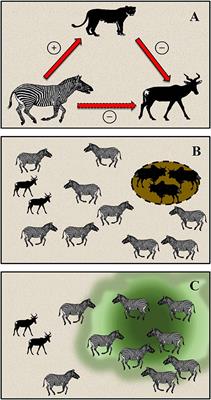EDITORIAL
Published on 01 Oct 2019
Editorial: How Prides of Lion Researchers Are Evolving to Be Interdisciplinary
doi 10.3389/fevo.2019.00374
- 2,616 views
18k
Total downloads
165k
Total views and downloads
EDITORIAL
Published on 01 Oct 2019
REVIEW
Published on 30 Aug 2019

PERSPECTIVE
Published on 02 Jul 2019

PERSPECTIVE
Published on 28 Jun 2019

SYSTEMATIC REVIEW
Published on 12 Apr 2019

ORIGINAL RESEARCH
Published on 12 Apr 2019

ORIGINAL RESEARCH
Published on 28 Feb 2019

MINI REVIEW
Published on 11 Feb 2019

ORIGINAL RESEARCH
Published on 25 Jan 2019

ORIGINAL RESEARCH
Published on 29 Oct 2018

BRIEF RESEARCH REPORT
Published on 03 May 2018

REVIEW
Published on 27 Apr 2018
